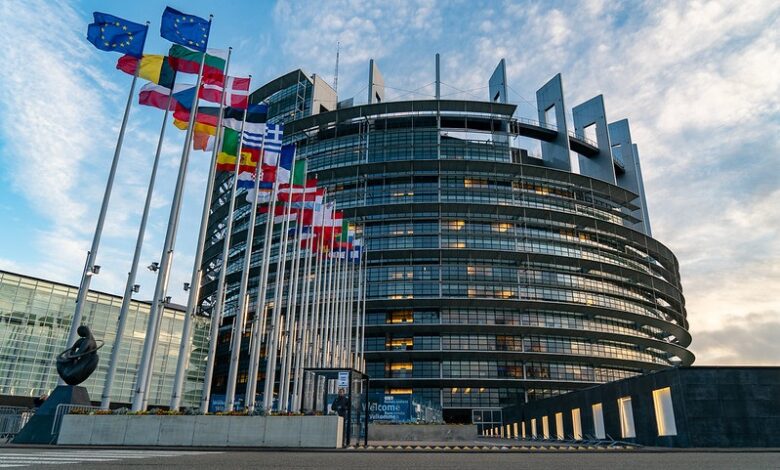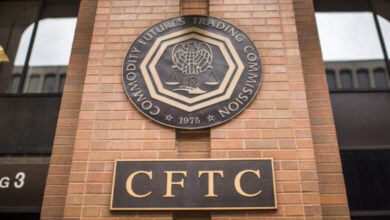EU’s New Sanctions Directive Boosts Crypto Regulation

Members of the European Parliament (MEPs) have endorsed groundbreaking regulations aimed at bolstering the enforcement of EU sanctions in the realm of digital assets and cryptocurrencies across member states.
With an overwhelming majority vote of 543 in favor, 45 against, and 27 abstentions, the European Parliament has given its seal of approval to a directive, crafted in collaboration with member states, to crack down on breaches and evasions of EU sanctions within the crypto sphere. This directive is set to establish a standardized definition and minimum penalties for violations, signaling a significant step forward in regulating the burgeoning crypto landscape.
EU sanctions encompass a wide array of measures, including freezing crypto funds and assets, imposing travel restrictions, arms embargoes, and sector-specific limitations. However, the efficacy of these sanctions has often been hindered by divergent enforcement practices among member states.
The newly adopted law aims to rectify this by introducing consistent definitions for violations, such as failure to freeze crypto assets, disregard for travel bans or arms embargoes, and engaging in crypto transactions with entities from sanctioned countries. Moreover, providing financial or legal services in contravention of sanctions will now be classified as punishable offenses under the directive.
To deter violations and circumvention, the directive imposes criminal penalties of up to five years of imprisonment uniformly across all member states. In cases involving crypto businesses, judges are empowered to levy substantial fines aimed at dissuasion, with the option to base penalties on the company’s global turnover or set absolute maximum amounts.
The current variance in penalties among member states has fostered forum shopping, wherein perpetrators seek jurisdictions with lax enforcement. The new law aims to mitigate this by granting judges a comprehensive toolkit for penalizing violators, thereby fostering a more cohesive and robust regulatory framework for crypto sanctions enforcement.
Following the vote, rapporteur Sophie in ‘t Veld emphasized the importance of this legislation in curbing unlawful activities that exploit cryptocurrencies, particularly in the context of conflicts such as the Russian invasion of Ukraine.
The directive now awaits formal approval by the Council before it can be enacted. Upon publication in the Official Journal of the EU, member states will have one year to incorporate it into their national legislation, signaling a new era of enhanced regulation and oversight in the crypto.





